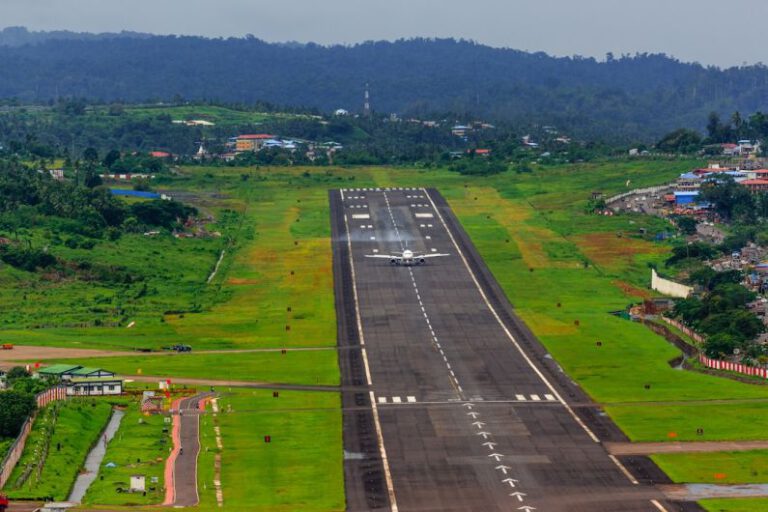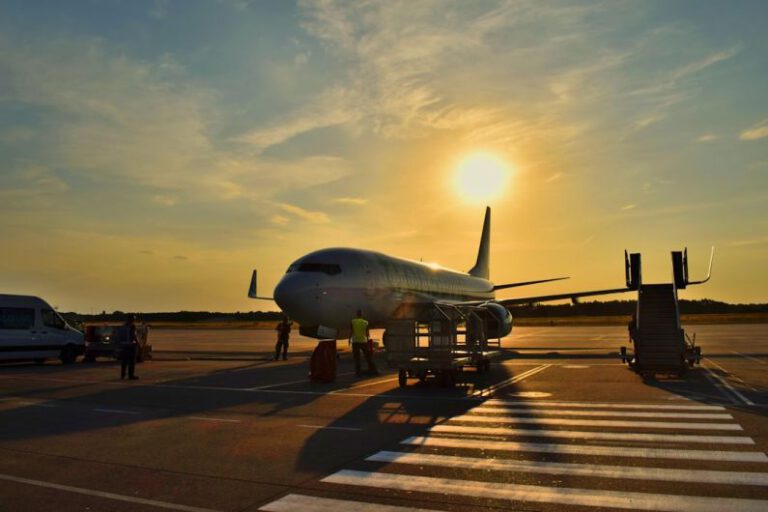Flying High with Less Carbon: the Push for Biofuel in Aviation
The aviation industry has long been under scrutiny for its environmental impact, particularly its significant contribution to carbon emissions. As global awareness of climate change grows, stakeholders are increasingly pushing for sustainable solutions to reduce the carbon footprint of air travel. One promising avenue that has gained traction in recent years is the use of biofuels in aviation. By harnessing the power of nature, the industry is exploring ways to fly high with less carbon, paving the way for a greener future in the skies.
The Promise of Biofuel
Biofuels, derived from organic materials such as plants, algae, and waste, offer a renewable alternative to traditional fossil fuels. Unlike conventional jet fuel, biofuels have the potential to significantly lower greenhouse gas emissions and reduce the environmental impact of flights. The appeal of biofuels lies in their ability to be produced sustainably, with some sources even boasting carbon neutrality or even carbon negativity. As the aviation sector seeks to transition to a more eco-friendly model, biofuels have emerged as a key player in the quest for greener skies.
Up in the Air: Successful Biofuel Flights
In recent years, there have been several successful demonstrations of biofuel-powered flights, showcasing the feasibility and potential of this alternative fuel source. Airlines such as Qantas, United Airlines, and KLM have all conducted test flights using biofuels, demonstrating that sustainable aviation is not just a distant dream but a tangible reality. These flights have shown that biofuels can be seamlessly integrated into existing aircraft and infrastructure, offering a glimpse of a future where air travel is not only efficient but also environmentally responsible.
Navigating Challenges: Scaling Up Biofuel Production
While the benefits of biofuels in aviation are clear, scaling up production remains a significant challenge. The aviation industry consumes vast quantities of fuel, and meeting this demand with biofuels requires large-scale production and supply chains. Additionally, the cost of biofuels is currently higher than that of conventional jet fuel, posing a financial barrier to widespread adoption. Addressing these challenges will require collaboration between governments, industry stakeholders, and the scientific community to develop cost-effective production methods and infrastructure for biofuels.
A Greener Flight Path: Policy Support and Incentives
To accelerate the adoption of biofuels in aviation, policymakers play a crucial role in providing support and incentives for sustainable practices. Governments around the world are increasingly recognizing the need to reduce carbon emissions from air travel and are implementing policies to promote the use of biofuels. Initiatives such as tax incentives, research grants, and carbon pricing schemes are being introduced to encourage airlines to invest in sustainable fuel options. By creating a regulatory environment that supports the transition to biofuels, policymakers can help drive the aviation industry towards a greener flight path.
Clear Skies Ahead: The Future of Biofuels in Aviation
As the push for biofuel in aviation gains momentum, the future looks promising for sustainable air travel. Advances in technology and research are continuously improving the efficiency and scalability of biofuel production, making it an increasingly viable option for the aviation industry. With growing public awareness and support for environmentally friendly practices, airlines are under increasing pressure to reduce their carbon footprint and embrace sustainable solutions. By flying high with less carbon, the aviation industry can chart a course towards a more sustainable and environmentally conscious future in the skies.






